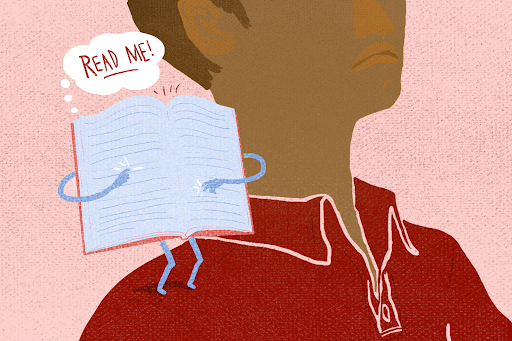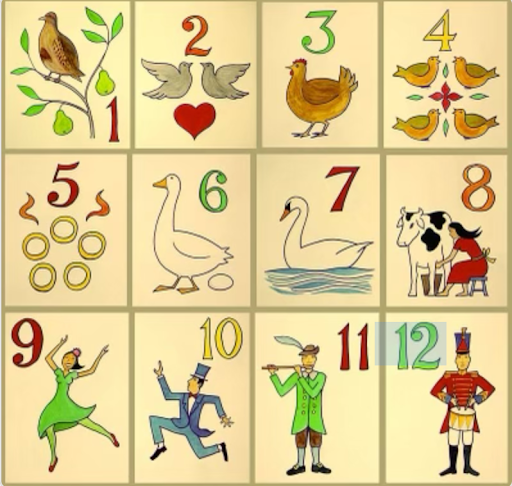Midterm Elections: An Epic Earthquake
December 8, 2018
Every four years, the people must re-elect their entire House of Representatives and one-third of their Senate. The midterms allow the people to change government policy halfway through the term of the election so that the president’s power is limited or augmented by the other branches. Lately, the trend has tended towards curbing presidential might. Often, we see the president’s party lose seats in Congress as America shifts its views. Adith Sundram ’20 notes that this election might see “a better than usual turnout” as a result of the fact that “Donald Trump is a really divisive candidate”. The midterms also usually see many intraparty viewpoint shifts. In 2010, many states saw more aggressively conservative candidates propelled into office, serving as a catalyst for the nomination and election of Donald Trump. Many states also take advantage of the midterms by holding their elections for governor at the same time. Thus, the midterms also involve local policy changes on a smaller scale.
In 2018, experts project the midterm election to be a Democratic win in the House, but expect the Republicans to keep the Senate. The responsibility for this contrast lies with the nature of the Senate elections; only ⅓ of the Senate is elected every two years. Every single year, the midterms are of utmost importance to public policy, but this election is especially crucial. This year, 26 Democratic seats are up for re-election, while only 9 Republican seats are in danger of being lost. From the start, the Democrats not only needed to maintain their seats, but also capture additional ones. If the House of Representatives flips, then the President and his supporters will face a major problem in pushing forward their planned legislation for the next 2 years. A Democratic House could also intensify pressure for impeachment charges on Trump for possible political scandals. The House of Representatives has the power to form investigative committees and subpoena witnesses and evidence. If the House goes to the Democrats, then they will surely be more aggressive in their handling of the Russian collusion charges on the president. According to Arul Gupta ’20, this year’s “elections have the power to set major precedents” for “gun policy and immigration laws.”
Although the midterm elections will have passed by this article’s publishing, it is important to recognize that even when it’s not election season, citizens should endeavor to understand civics and how it affects daily lives. Even if government seems too far away, sequestered in Washington, America needs its voters.









